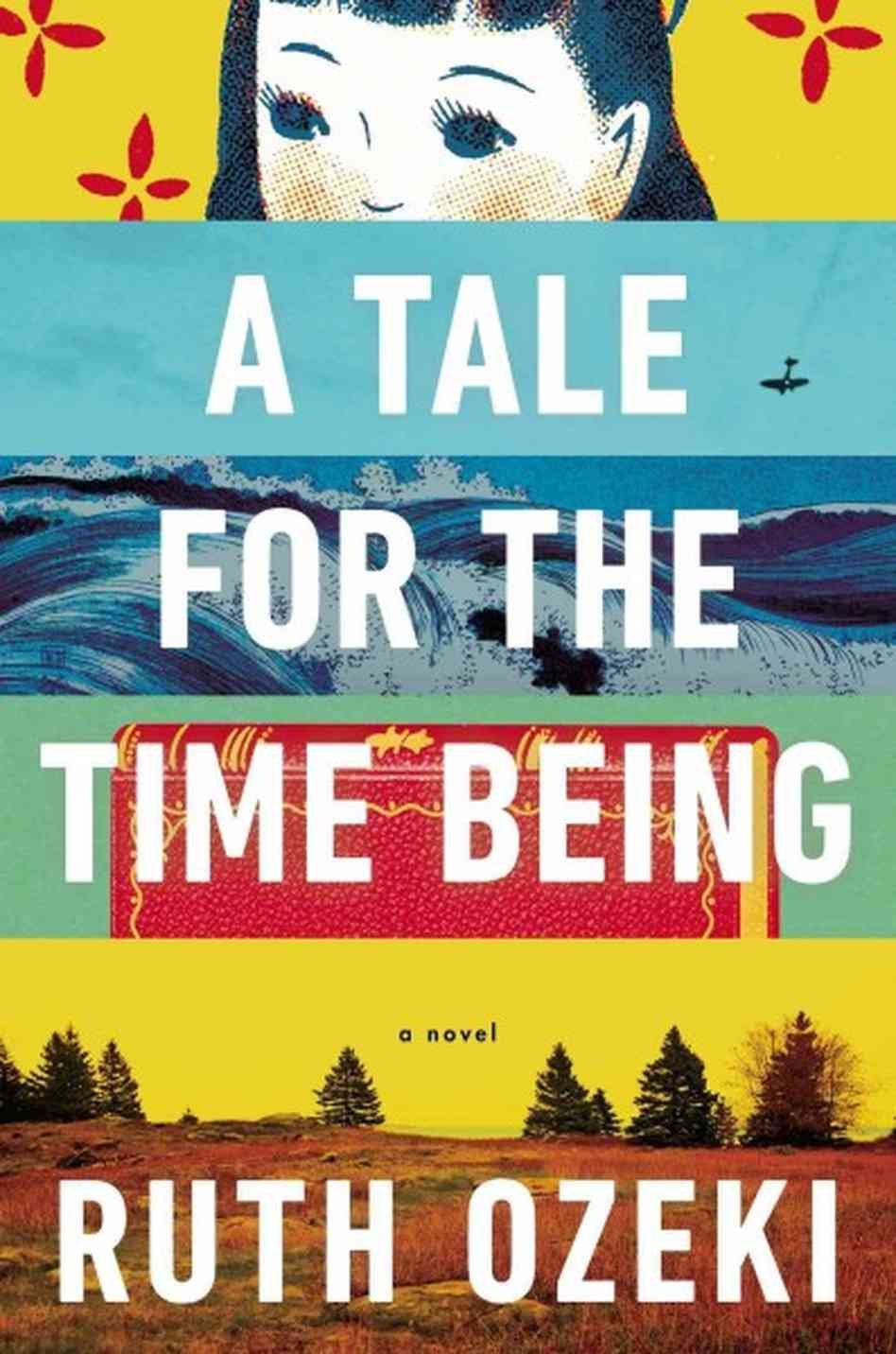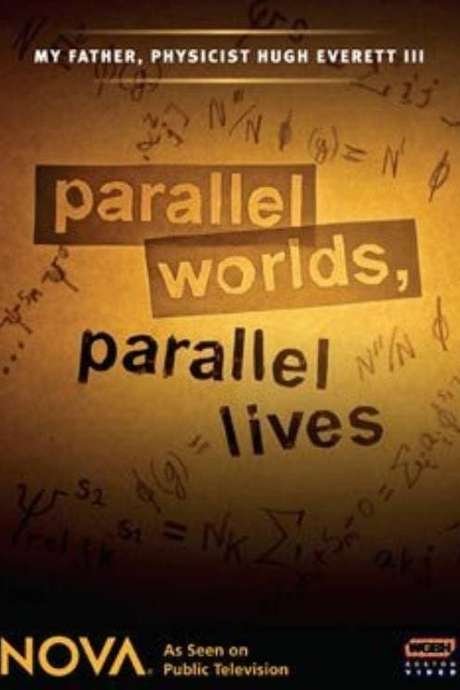Marginalia
This recent post in the New York Times caught my eye. It wonderfully describes a thing that I myself engage in - and that I decided to surface through this site for others to enjoy too - so I thought I would write about it.
The author of the piece talks about the act of scribbling notes in a book as they’re reading. They found this act useful during the thick of the pandemic, when attention was so hard to muster and bring to focus.
I can’t quite bring myself to write in books. However, I am often struck by a sentence or idea that I’ve read, and would like to capture for reference. I used to do this with bookmarks - ticket stubs, airplane/train tickets, little bits of scrap paper … I would start with such an item, and then tear a piece off, leaving it wedged within the pages of the book to indicate that there was something on these two pages that struck me as being important. I would continue to do this until the original bookmark was almost vanishingly small, having been folded, torn, re-folded, and sacrificed in an effort to remember. There are lots of books, on lots of shelves, with little tufts of paper peeking out of the top of the them, reminding me that ‘old me’ found something worth keeping track of.
The biggest issue with this system (now embarrassingly obvious of course), is that ‘past me’ has always been so much smarter than ‘current me’. Invariably, I could go and grab a book off of a shelf, open it at any one of the bookmarked pages, scan them, and have absolutely no idea what it was I was trying to bring to the attention of ‘current me’ …
This changed when, in 2015, I started using a note taking tool, which itself had an app. that I could use on my phone. From then on, for every book I’ve read, I’ve created a note, and have proceeded to annotate the note. I now have hundreds of such notes, and for the foreseeable future I’m going to make them available through the Reading section of this site.
I’ve developed a system over the years - each note has a link to the book (so you can buy it if you choose, or request it from the library), along with a link to the author. Then, if I’m struck by something to record, you’ll find the page number followed by the thing. The thing could be a sentence or two - this I’ll input manually - or it could be a paragraph (or two), in which case I’ll take a picture of the section (appropriately cropped). If useful sites are mentioned, or I find other interesting resources, I’ll include them too. And, oftentimes, this will end up being a wonderful ‘glue’ that connects the different threads of books I’ve read. For instance, my note on Ruth Ozeki’s (cracking) book “A Tale for the Time Being” contains this pathway:
Honestly, it feels a bit like making art. Creating a digital collage composed of the authors words, and my rearranging of them into my own interests or model. Or, as the author of the NYT piece beautifully describes:
“My notes are like the rings of a tree, trapping the atmosphere of a given moment.”


